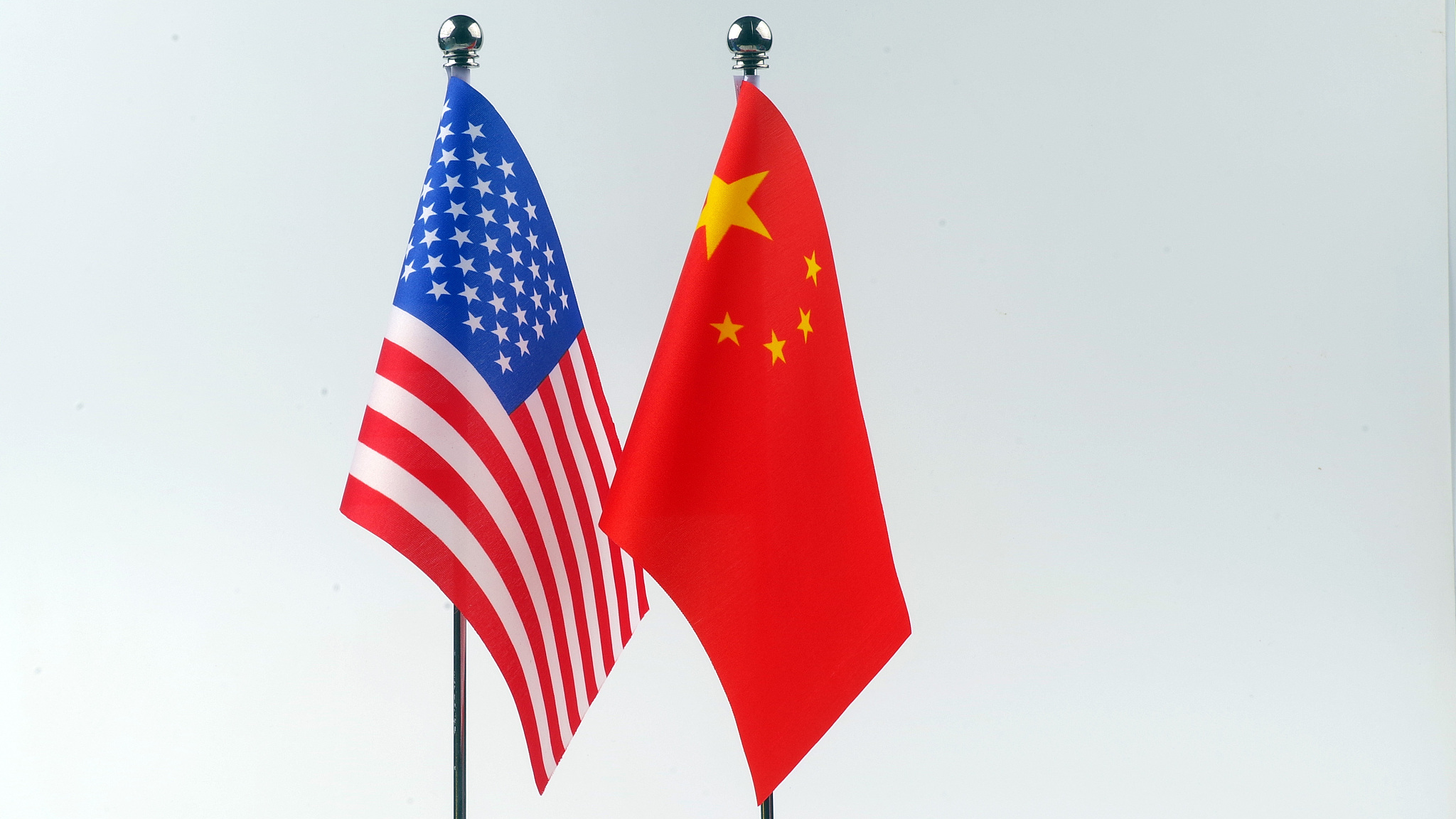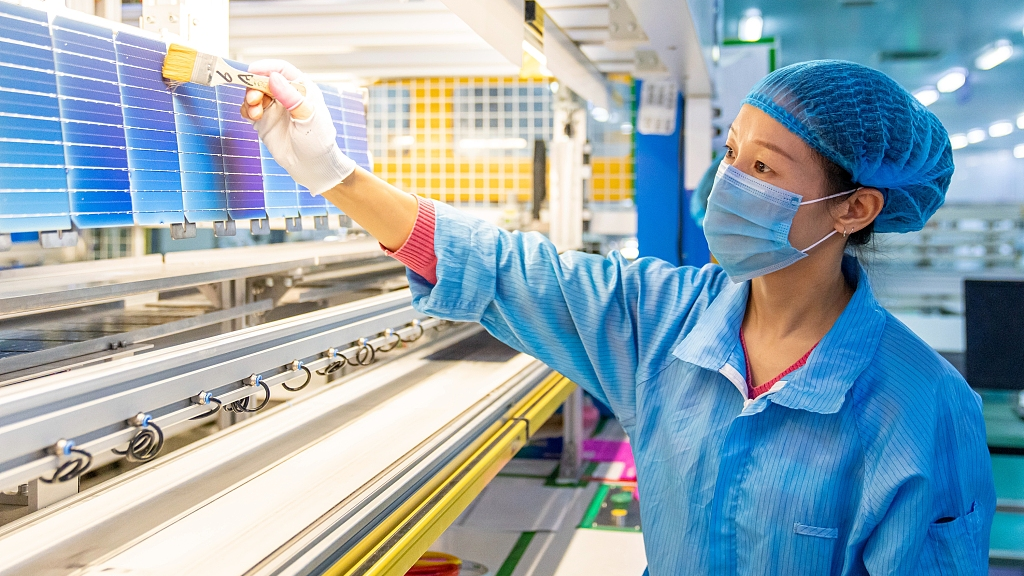
Editor's note: John Gong is a professor at the University of International Business and Economics (UIBE) and a research fellow at the Academy of China Open Economy Studies at UIBE. The article reflects the author's views and not necessarily those of CGTN.
Finally the long-awaited video conversation between the two top economic officials from China and the United States took place on July 5, when Chinese Vice Premier Liu He and U.S. Treasury Secretary Janet Yellen exchanged views on a couple of things.
According to the Treasury Department's press release, they discussed U.S. tariffs on Chinese goods as well as China's so-called non-market economic practices. According to Beijing's official statement, Liu raised the concerns about Washington's concerns over additional tariffs and recently imposed sanctions on Chinese companies.
The removal of these old Donald Trump tariffs as stale as his lies about the 2020 stolen election is long overdue. As a seasoned economist with both academic and policy experiences, Yellen understands all too well that these tariffs serve no one's interests, particularly hurting more American consumers. She told lawmakers recently that some of the Trump-era tariffs were strategically questionable and were "paid by Americans, not by the Chinese."
Removal of these Trump tariffs will help assuage the rising tide of inflation in the U.S., which is quickly snowballing into a major political headache for the Biden administration. Some report predicts as much as 1 percent of inflation reduction could occur in the absence of these tariffs.
Yellen's other concern about the so-called non-market economic practices is probably paying lip service to the other anti-tariff-removal camp within the Biden cabinet, led by U.S. Trade Representative Katherine Tai and National Security Advisor Jake Sullivan. They appear to be still much enamored with the old illusion that somehow Beijing cares very much about these tariffs.

A staff works in a factory producing solar photovoltaic products in Nantong, east China's Jiangsu Province, January 7, 2022. /CFP
A staff works in a factory producing solar photovoltaic products in Nantong, east China's Jiangsu Province, January 7, 2022. /CFP
Yes, it would be nice to see these tariffs gone from Beijing's perspective. But the robust Chinese exports to the United States in the last four years have shown that the utility of Washington's tariff as a policy leverage is losing steam. The world is moving on. Washington is now locked in a grand competition centered on technology development. So, the more important issue to Beijing concerns the second thing Liu mentioned – the sanctions imposed on Chinese companies.
The U.S. Department of Commerce, especially its Bureau of Industry and Security (BIS), appears to be on a mission to go after Chinese companies. Before Russia's "special military operation" with Ukraine, the Commerce Department added 107 China-based companies and organizations to its entity list out of 475 foreign entities added since Joe Biden came to power, according to The New York Times.
Such actions were taken with the belief to thwart technology development in China, but they may lead to an outcome of exactly the opposite of what they are designed for – further incentivizing and propelling China to develop its indigenous technologies. These actions will also hurt corporate America's commercial interests of selling to the Chinese market.
Aside from these sanctions, another issue Liu raised is about additional tariffs introduced by the Biden administration under the same technology competition consideration. For example, Chinese manufactured solar panels are now seeing higher tariffs, albeit ironically Biden is preaching the climate gospel everywhere. Such inconsistency borders on total hypocrisy that casts great doubt on Biden's sincerity about his climate agenda.
As the world is getting close to a post-COVID-19 era, many challenges lie ahead as the global economic outlook looks dismal right now amid rising commodity prices and food security challenges, as a result of the conflict in Ukraine. It is high time that China and the United States resume the cooperative spirit that once existed during the 2007-2008 financial crisis. Removing tariffs would be a great step in that direction.
(If you want to contribute and have specific expertise, please contact us at opinions@cgtn.com. Follow @thouse_opinions on Twitter to discover the latest commentaries in the CGTN Opinion Section.)

